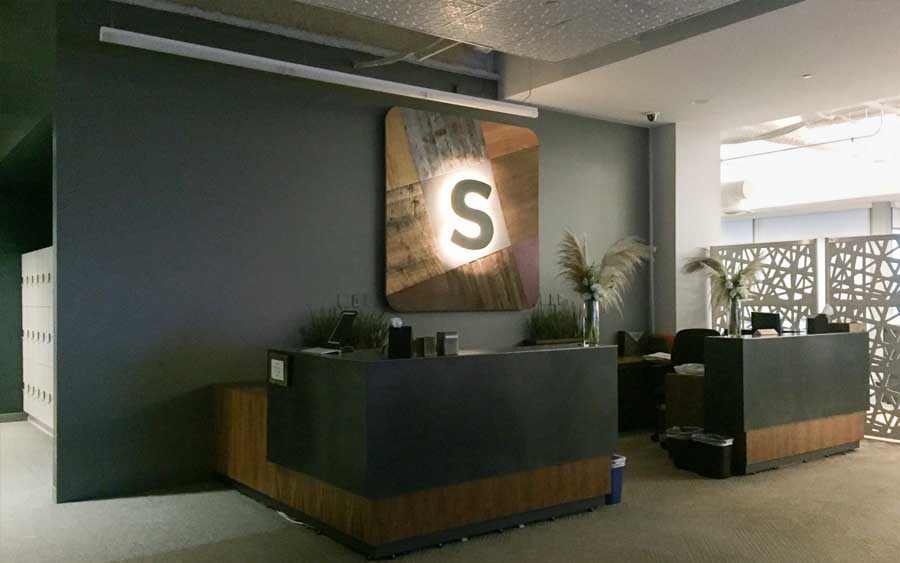American tech company, Searchable Log of All Conversation and Knowledge, popularly known as Slack, has confidentially filed to go public. This is according to a statement released by the company.
In the statement, the business messaging service confidentially asked the Securities and Exchange Commission (SEC), the United Kingdom (UK), to consider the public sale of its Class A common stock.
If Slack follows through with the direct listing, that would make it the second big technology company to do so, according to the Journal, following Spotify’s lead.
The statement read in part
“Slack Technologies Inc. today announced that it has confidentially submitted a draft registration statement on Form S-1 with the Securities and Exchange Commission (the “SEC”) relating to the proposed public listing of its Class A common stock. The public listing is expected to take place after the SEC completes its review process, subject to market and other conditions.
“This press release does not constitute an offer to sell or the solicitation of an offer to buy any securities. Any offers, solicitations or offers to buy, or any sales of securities will be made in accordance with the registration requirements of the Securities Act of 1933, as amended (“Securities Act”). This announcement is being issued in accordance with Rule 135 under the Securities Act.”
What is a direct listing?
A direct listing, also known as a direct public offering is a process by which a company sells its own shares directly to the public. There are no underwriters involved. The company’s existing shares are listed on an exchange, and people who own them, such as the company’s existing investors, can choose to sell their shares directly on the public markets.
By using a direct listing instead of a traditional IPO, Slack isn’t raising any new capital, as companies do in a traditional IPO. Rather, the company aims at creating a public market for existing investors’ shares.
Can Slack pull this one?
In view of Slack’s recorded financial statements, it may not be erroneous to assert that the company has plenty of cash at hand to ignite the IPO. This is because the company had about $900 million in cash on its balance sheet as of October 2018, according to a report.
The $900 million puts Slack in a position of strength to circumvent traditional mechanisms for its public debut. With a direct listing, Slack would not need to sell new shares during the IPO to raise funds. According to the report, Slack projects it would already be free cash flow positive for the 12 months through January 2020.
For the year ended in January 2018, Slack had revenue of $221 million. Slack projected that revenue will increase by 76 per cent to $389 million for the year ending January 2019 and then growing 64 per cent to $640 million the year after that.
About Slack
Slack is an American cloud-based set of proprietary team collaboration tools and services, founded by Stewart Butterfield. Slack began as an internal tool used by his company, Tiny Speck, in the development of Glitch, a now-defunct online game.
















